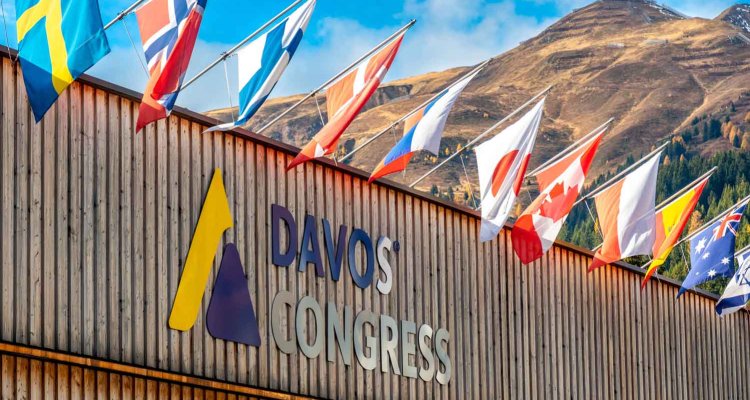
News
Yuca Waarts spoke about Living Income during the World Economic Forum in Davos
“A while ago I was invited to give a lecture at the World Economic Forum in Davos. I immediately saw this as a wonderful opportunity. After all, many CEOs of companies, manufacturers, investors, NGOs and governments would attend. I told them that if we want to give everyone a decent standard of living, we have to work together,” says Yuca. This means that traders, manufacturers, governments in producing countries, investors, and governments of countries that buy the products must work together for a decent living for those families.
I was able to peek over the fence here for a while and saw a new, fairer economy looming.
Yuca continues to explain: “The income of the very poorest farmers has to be at least 5 times higher than what they are getting now to be able to lead a decent life. You must be able to afford a good home, have a good diet, send your children to school and still have a financial buffer for a rainy day. That's what we call a 'living income'.”
Yuca Waarts, researcher at Wageningen University & Research, was a guest speaker in Davos at the event, Accelerating Change Through a Global Coalition on Living Income, organised by WUR partner IDH – the Sustainable Trade Initiative. “We have been working with IDH, which was set up to make trade and chains more sustainable, for some time now. The collaboration has been going on for years, but during the last six months, WUR and IDH have been working together on a framework for action from all stakeholders to realise a decent income for small farmers and their families. These are poor families who produce commodities such as coffee, tea, and cocoa and often live well below the poverty line.
Thinking and acting outside of the box
Before Yuca took the stage, none other than Queen Máxima addressed the audience with the words: “Financial inclusion is not enough: We should not only increase the living income of the smallholder farmer, but also build their resilience.”
She agrees with Queen Máxima: “In times of climate change, high food prices, and fluctuating commodity prices, the situation is very unstable. Everyone must cooperate to make farmers and their families more resilient. Because the most vulnerable people are hit the hardest by all these disasters. What struck me in Davos is that parties are already doing more than you think and that they are collaborating in areas that you would not expect. I heard many surprising out-of-the-box solutions that could benefit not only these poor farming families but also the producing companies and governments. Hopefully we will move towards economies where value and risk are more equitably distributed. I was able to peek over the fence here in Davos and saw a new, fairer economy looming. I am happy to contribute to that.”